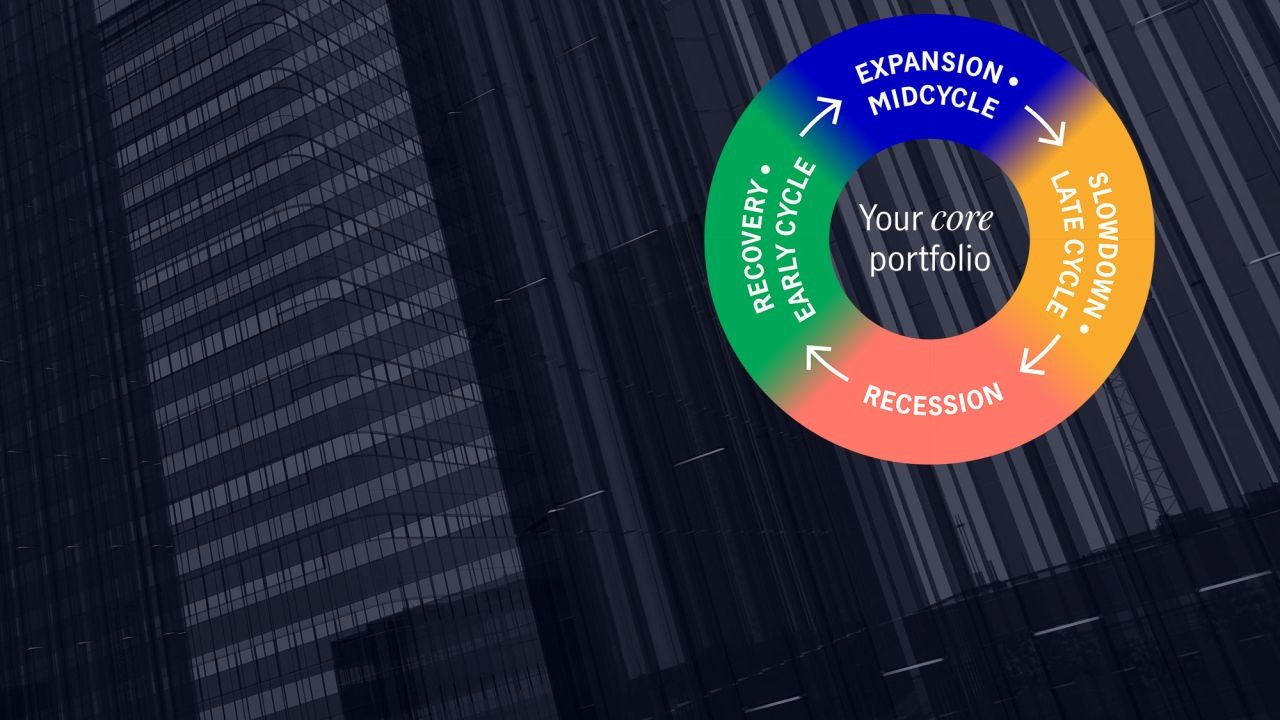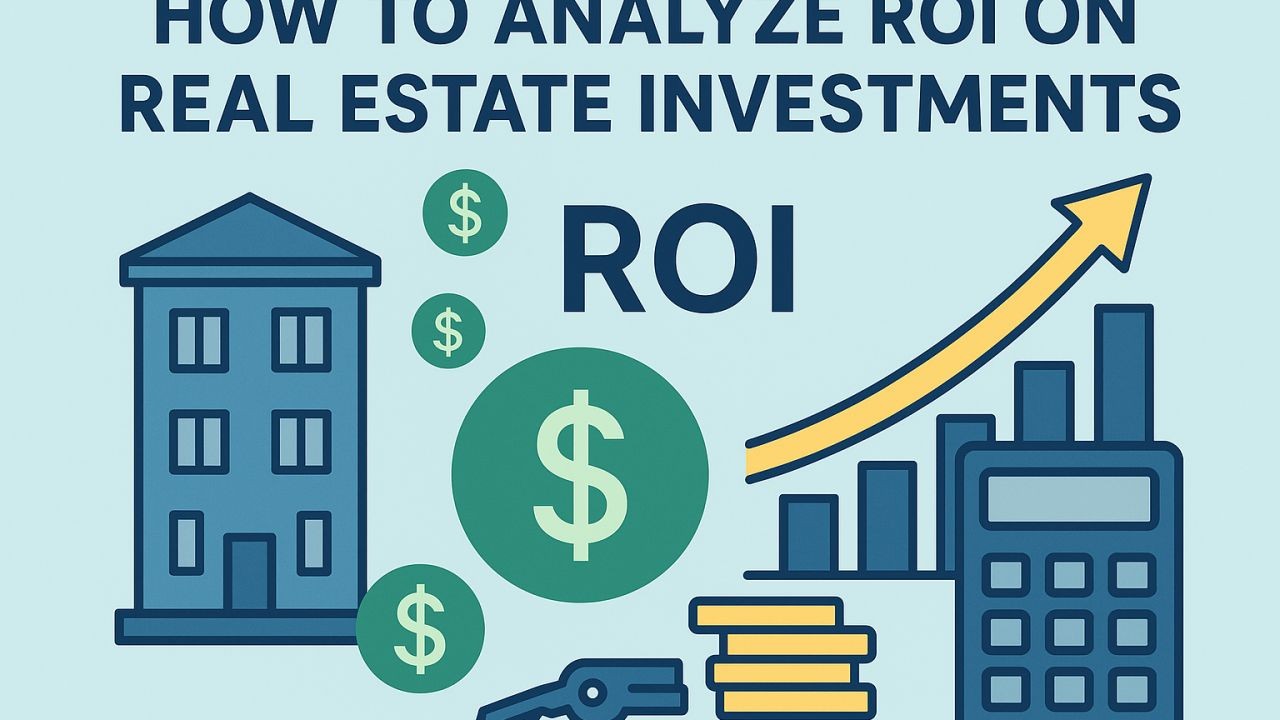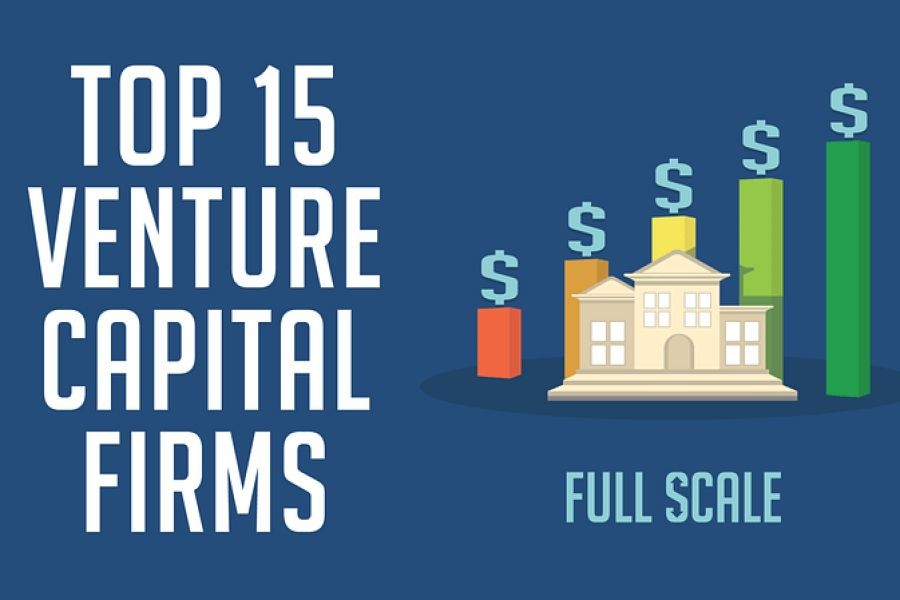In today's rapidly evolving political landscape, social media has emerged as a powerful tool for political campaigns worldwide. In New Zealand, the impact of social media on political campaigns is particularly noteworthy as it transforms traditional outreach methods and strategies. This article delves into how New Zealand's political campaigns leverage social media to win votes, providing insights relevant to real estate experts, local businesses, and policymakers. We will explore how these trends affect the economy and industries in New Zealand, supported by data-driven insights and expert analysis.
The Rise of Social Media in New Zealand's Political Campaigns
New Zealand's political campaigns have increasingly turned to social media platforms such as Facebook, Twitter, and Instagram to engage voters. According to Stats NZ, over 80% of New Zealanders use social media, making it an invaluable platform for political engagement. This shift towards digital platforms allows political parties to reach a broader audience, target specific demographics, and engage voters in real-time conversations.
Case Study: The Labour Party's Digital Strategy
The Labour Party's successful use of social media during the 2020 general elections serves as a compelling case study. Facing the challenge of engaging younger voters, the Labour Party utilized targeted social media campaigns to promote their policies on housing affordability and climate change. By leveraging data analytics to identify key voter concerns, the Labour Party was able to tailor their messaging effectively. As a result, the party saw a significant increase in voter turnout among the 18-24 age group, contributing to their electoral success.
Comparative Analysis: Social Media vs. Traditional Campaign Strategies
Pros of Social Media Campaigns
- Broader Reach: Social media platforms enable campaigns to reach a wider audience beyond traditional media.
- Cost-Effective: Digital campaigns often cost less than traditional advertising methods.
- Real-Time Engagement: Politicians can engage directly with voters, addressing concerns instantly.
- Data-Driven Targeting: Social media allows for precise targeting of specific demographics.
Cons of Social Media Campaigns
- Misinformation Risks: The spread of fake news and misinformation can undermine campaign efforts.
- Privacy Concerns: Targeted advertising raises ethical questions about voter data privacy.
- Digital Divide: Not all voters have equal access to digital platforms, potentially excluding some demographics.
Impact on New Zealand's Economy and Real Estate Sector
The intersection of social media and political campaigns has broader implications for New Zealand's economy, particularly in sectors like real estate. Policies influenced by social media campaigns, such as those targeting housing affordability, can have direct impacts on the real estate market. The Reserve Bank of New Zealand reports that housing prices have risen by 27% since 2020, partly due to policy shifts influenced by digital advocacy and public sentiment.
Expert Insight: The Role of Social Media in Shaping Policy
Dr. Amelia Brown, a political analyst at the University of Auckland, notes that social media's role in shaping public policy is becoming increasingly significant. "Social media platforms provide a direct line to policymakers and can amplify public opinion, influencing policy decisions in real-time," she explains. Dr. Brown highlights how social media campaigns have driven discussions on housing policy, leading to tangible policy shifts that impact the real estate market.
Future Trends in Political Campaigns and Social Media
Looking ahead, the integration of advanced technologies such as artificial intelligence and data analytics in social media campaigns is expected to become more prevalent. According to a report by NZTech, AI-driven social media strategies could enhance voter engagement and personalization, potentially increasing voter turnout by 15% in future elections. This trend presents opportunities for political campaigns to leverage technology for more effective voter outreach.
Potential Challenges
- Ethical Concerns: The use of AI in social media campaigns raises questions about data privacy and electoral integrity.
- Regulatory Landscape: As social media's influence grows, regulatory frameworks will need to adapt to ensure fair and transparent political processes.
Common Myths & Mistakes in Social Media Campaigning
Myth vs. Reality
Myth: "Social media campaigns are only effective for younger audiences."
Reality: Research from Consumer NZ shows that while younger demographics are highly active on social media, older age groups are increasingly engaging with digital content, making social media a valuable tool for reaching diverse audiences.
Myth: "More followers equal more votes."
Reality: A study by the University of Canterbury found that engagement quality, not follower count, is a more accurate predictor of campaign success. Meaningful interactions drive voter behavior more effectively than sheer numbers.
Final Takeaways & Call to Action
- Social media is transforming political campaigns in New Zealand, offering broader reach and real-time engagement.
- Data-driven strategies enable precise targeting and effective voter outreach.
- The integration of AI and advanced analytics will shape the future of political campaigning.
- Ethical considerations and regulatory adaptations are crucial for maintaining electoral integrity.
As New Zealand's political landscape continues to evolve, embracing digital tools and strategies will be essential for effective voter engagement. What impact do you think social media will have on the next election cycle? Share your thoughts and join the conversation!
People Also Ask (FAQ)
- How does social media impact political campaigns in New Zealand? Social media provides a platform for real-time voter engagement, allowing campaigns to reach a broad audience and target specific demographics effectively.
- What are the biggest misconceptions about social media campaigns? A common myth is that social media only reaches younger audiences, but older demographics are increasingly engaging with digital content.
- What upcoming changes in New Zealand could affect social media campaigns? By 2026, regulatory updates may impact how social media is used in political campaigns, emphasizing transparency and data privacy.
Related Search Queries
- Social media impact on NZ elections
- Political campaigns and digital strategy
- Social media regulations in New Zealand
- AI in political marketing
- Voter engagement through social media
Stay informed about the latest trends in digital campaigning and explore how these strategies can influence New Zealand's political and economic landscape. Subscribe to our newsletter for expert insights and updates.































